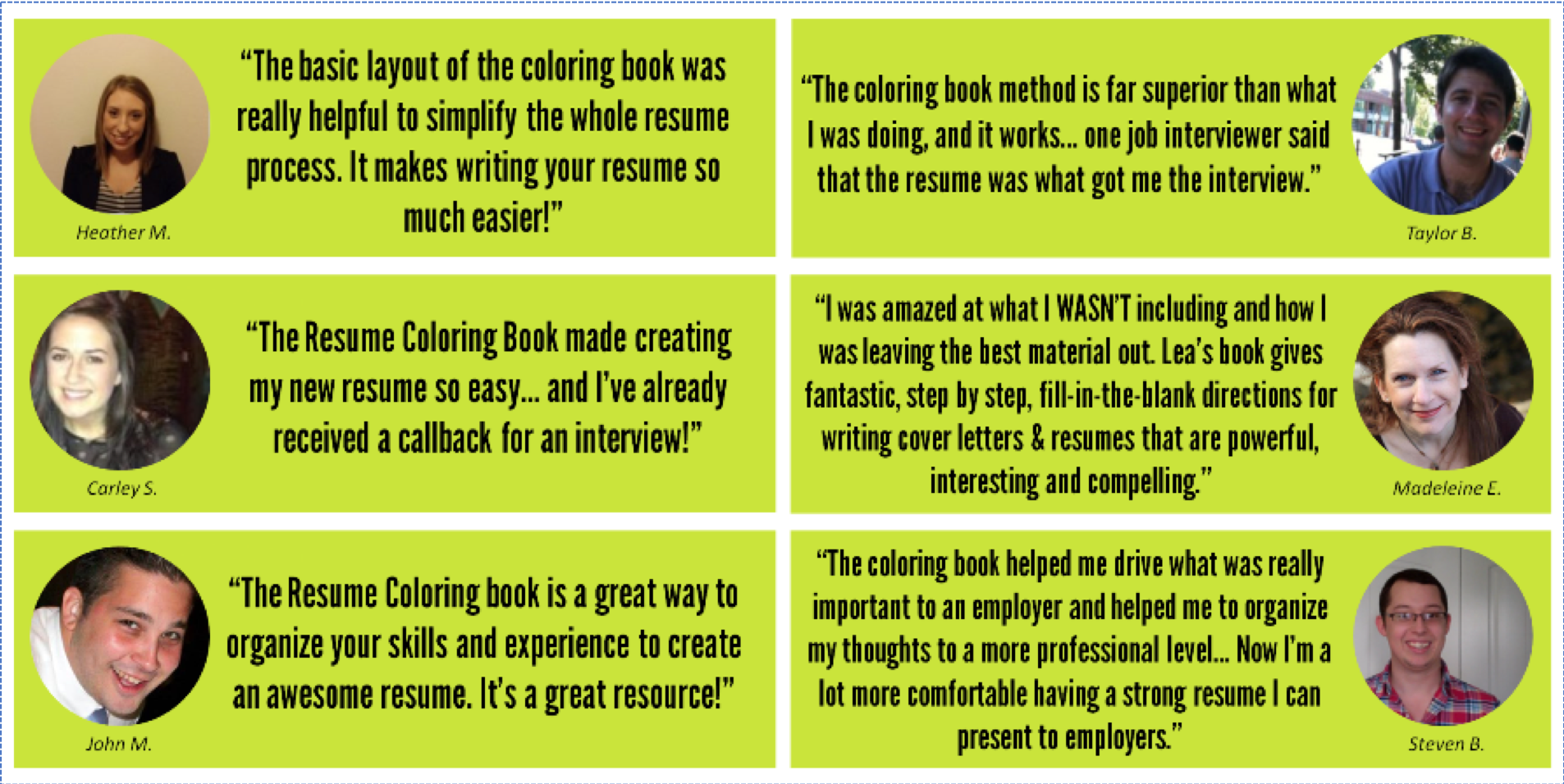“Don’t Call Us, We’ll Call You.” Or not.
.
It’s that time of year when recent grads wonder why their resumes aren’t doing the trick in getting employers to call them. There are lots of reasons this could be happening. Here, however, are three issues I see that consistently give young adults a hot mess of a resume:
.
1. You are the proud author.
.
2. It’s not an employer magnet.
.
3. It’s too long.
.
Let’s dig in and see how you can fix some of the challenges these situations present.
.
1. You are the proud author.
.
A quick survey of your resume will tell you if you suffer from the fatal flaws of self-authoring a resume. Here’s a look at what might be going wrong for you.
.
- Using an objective at the top of your resume.
..
- Putting education at the top (if it’s not essential to your job).
..
- Wasting that top third of your resume real estate with anything less than compelling info about you. Remember many resumes are read online, or on mobile devices. If you don’t grab the reader in that top third, she’s moving on to the next one in the pile.
..
- Writing long run-on sentences with lots of words and little meaning.
..
- Including obtuse phrases like “references available on request.” Just, don’t.
.
What you can do:
.
- If you know someone in the HR or recruiting business, ask him or her to look it over and give you feedback.
..
- Hire a professional to help your craft a clear and precise statement about who you are, and your value proposition to an employer.
.
Remember that your resume is the foundation for ALL of your job search marketing materials, because it helps you develop your marketing messages. Even if you don’t actually “print” the paper out.
.
2. It’s not an employer magnet.
.
It may be hard to tell your story. You don’t have that level of self-awareness that comes with age and experience. Here’s a look at what might be going wrong for you in this aspect.
.
- Listing task after task – rather than accomplishments – on jobs you have done.
..
- Putting leadership and volunteer work in the “interests” section.
..
- Not including any quantifiable results, scope of work, or impact on work you did.
..
- Starting sentences with non-starters like “Was responsible for…” . Snoozer.
..
- Not including anything personal or interesting about yourself.
.
Many recent grads underestimate, and under value, their prior experiences. If so, it will be hard for you to feel confident about what you’re putting on paper.
.
What you can do:
- Start building your self-knowledge database. Invest in self-assessments to get an idea for your strengths. You can start with Myers-Briggs, StrengthsFinder 2.0
, or Emotional Intelligence 2.0
. There are also many online self-assessment resources that are low-cost, or free from your career services center.
..
- Find 10 or 15 people who know you well. Ask them to share their perceptions of your strengths and qualities.
..
- Look at your school, work, athlete, or internship experiences. Make a list of everything you accomplished. Then identify the skills you have that made those achievements possible. This ETHOS method makes it easy.
..
- What do people always come to you and ask you for help with? Often that’s a key indicator of core competencies that you have.
.
.
3. It’s too long.
.
Usually this is because you aren’t clear enough about your message to boil it down to one page. When you’re clear on your core message and your purpose for writing the resume, it will easily fit.
.
Remember, your resume is intended to get you an interview with your target employer.
.
To that end, it does need to say enough to attract that employer. It does not need to tell your whole life story.
.
What you can do:
- Customize your resume so that it speaks directly to the job, and the employer, you want to attract.
.
- When in doubt ask yourself, “What is the purpose in writing this resume?” Every word and sentence included should support your purpose of getting that interview, for that job, with that employers. If you aren’t clear, stop writing and think about what it is, exactly, that you want to tell this employer about you.
..
Writing a resume can be really hard. It takes time, reflection and research. Just remember it’s a process, not an event. But you can do it.
= = = = = = = = = = = = = = = = = = = = = = = = = = = = = = = = = = = =
..
 If you need help with YOUR resume, and you don’t have big bucks to hire a professional writer, check out the Resume Coloring Book E-Course. It’s $47.
If you need help with YOUR resume, and you don’t have big bucks to hire a professional writer, check out the Resume Coloring Book E-Course. It’s $47.
Image source: 123rf.com


@Joe B Hi Joe, you got it, that’s exactly the way to get it done. People have lots of resumes to comb through, and very little patience for fluff and clutter. If you don’t grab them, you’re in the discard pile!
nicolevargas So agree Nicole! Hope things are well at SDSU!
AfterCollege So true, right?
LeaMcLeod Definitely!
LeaMcLeod All good, thanks! December #SDSU grads will be on the market in no time. Keep the great #resume advice coming!
So basically you’re telling people not to make a Functional Resume? Not everyone has the experience to make a Chronological Resume…